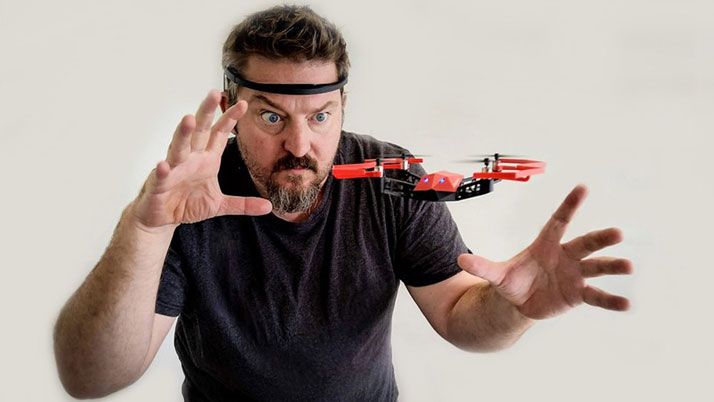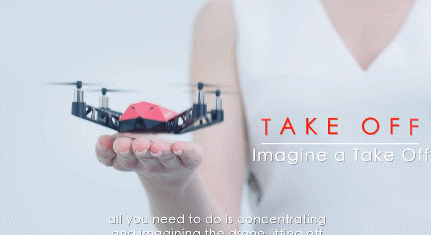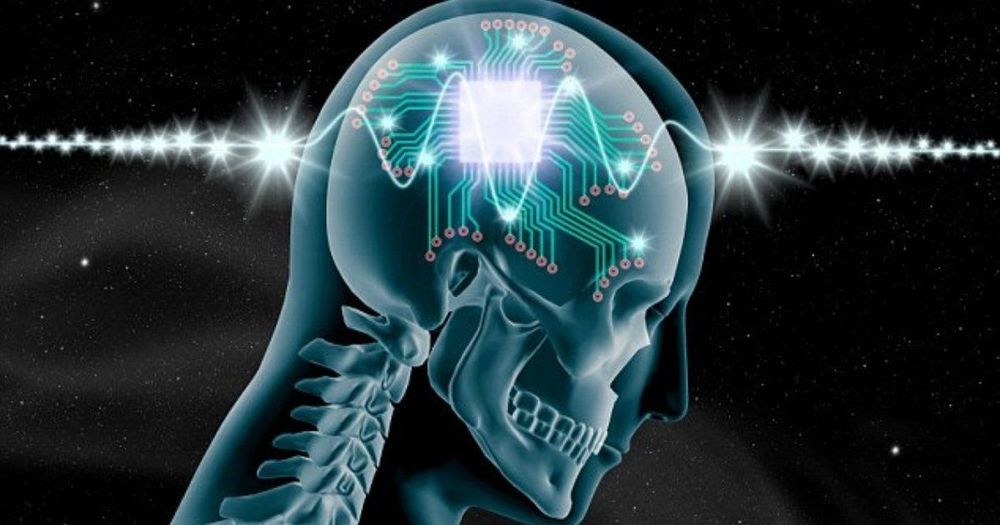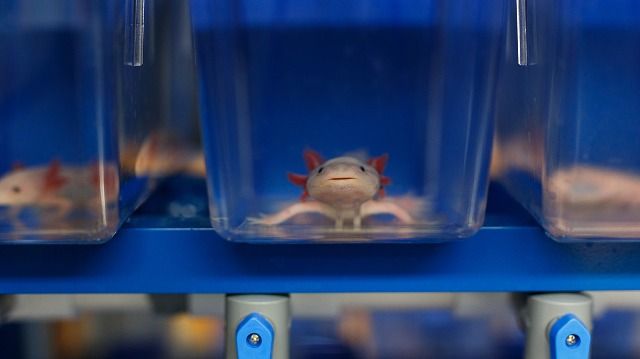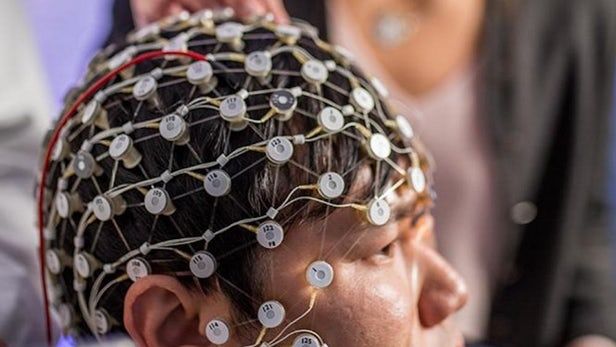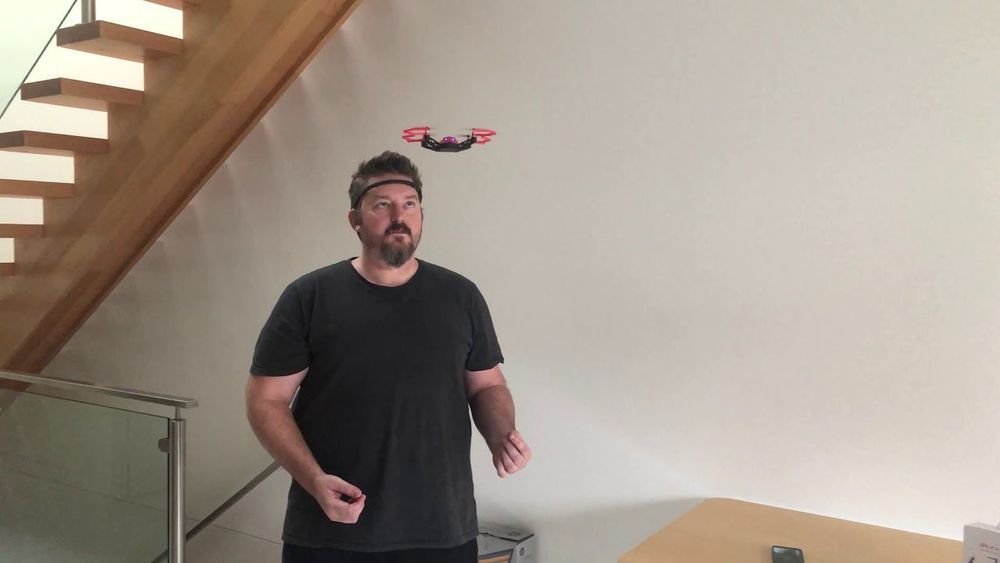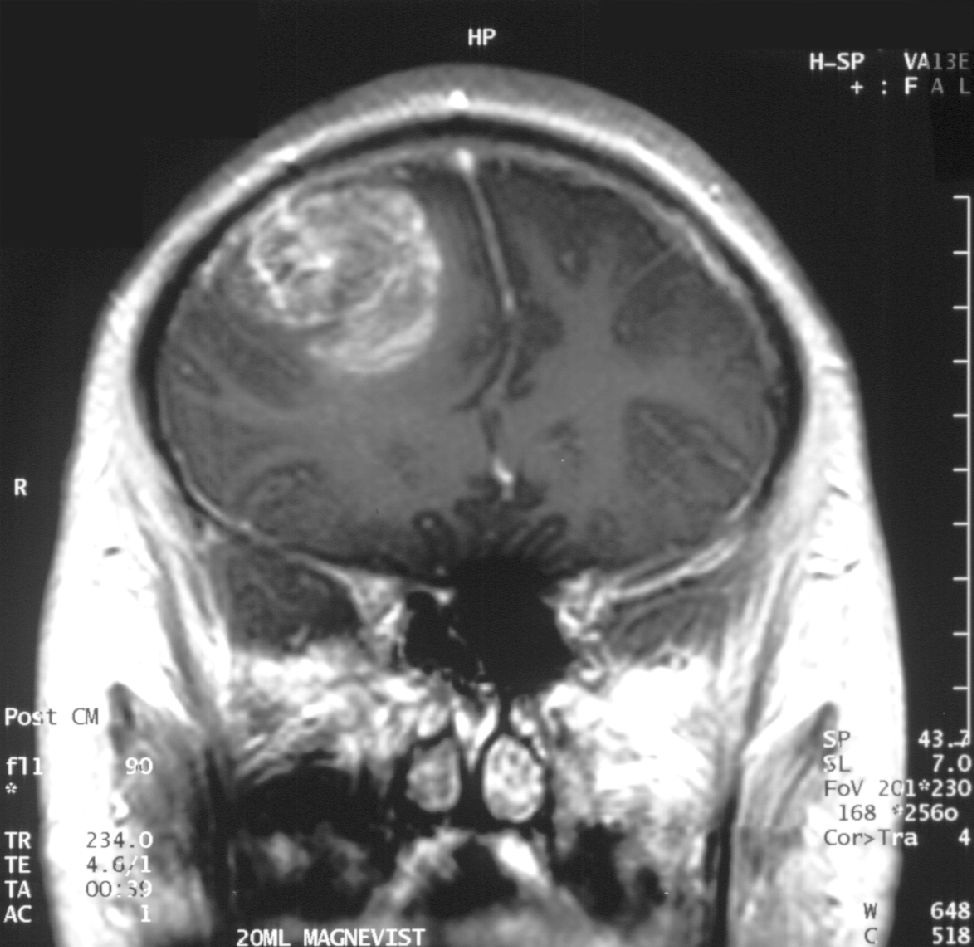Mar 13, 2019
Amazon Pulls 2 Books That Promote Unscientific Autism ‘Cures’
Posted by Caycee Dee Neely in categories: biotech/medical, neuroscience, sex
Good for Amazon.
Amazon has removed the online listings for two books that claim to contain cures for autism, a move that follows recent efforts by several social media sites to limit the availability of anti-vaccination and other pseudoscientific material.
The books, “Healing the Symptoms Known as Autism” and “Fight Autism and Win,” which had previously been listed for sale in Amazon’s marketplace, were not available on Wednesday. The company confirmed that the listings had been removed, but declined to discuss why or whether similar books would be taken down in the future.
Continue reading “Amazon Pulls 2 Books That Promote Unscientific Autism ‘Cures’” »

